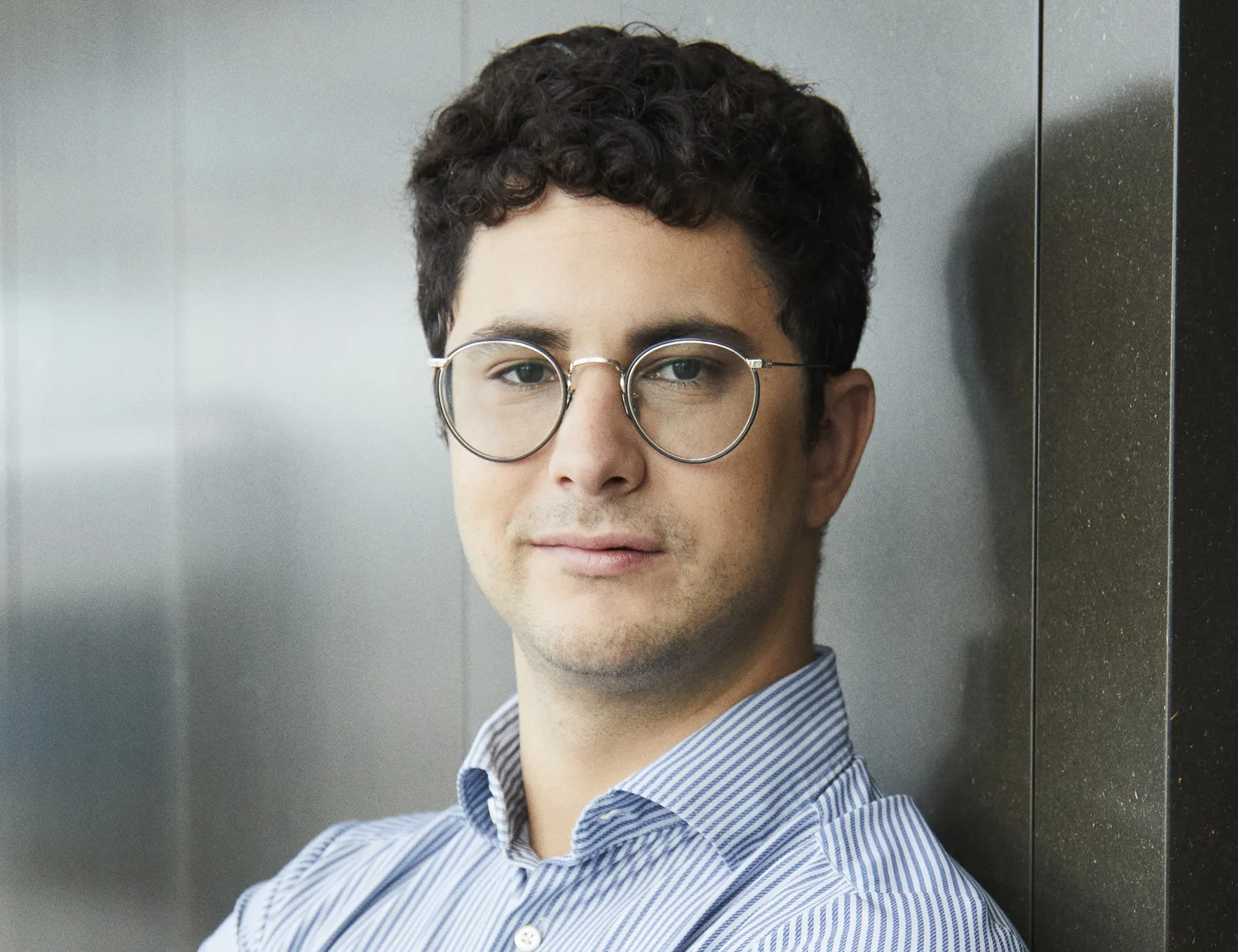UK business secretary Vince Cable has announced two new measures today that give the green light for driverless cars to take to UK roads from January 2015.
UK cities can now bid for a share of a US$16.9 million competition to host a driverless cars trial. The government is calling on cities to join together with businesses and research organisations to put forward proposals to become a test location.
Up to three cities will be selected to host the trials from 2015 and each project is expected to last between 18 and 36 months and start in January 2015.
Ministers have also launched a review to look at current road regulations to establish how the UK can remain at the forefront of driverless car technology and ensure there is an appropriate regime for testing driverless cars in the UK. Two areas of driverless technology will be covered in the review: cars with a qualified driver who can take over control of the driverless car and fully autonomous vehicles where there is no driver.
The driverless cars competition is being funded by the Department for Business, Innovation and Skills and the
Speaking at vehicle engineering consultancy, test and research facility,
Transport minister Claire Perry said: Driverless cars have huge potential to transform the UK’s transport network – they could improve safety, reduce congestion and lower emissions, particularly CO2. We are determined to ensure driverless cars can fulfil this potential which is why we are actively reviewing regulatory obstacles to create the right framework for trialling these vehicles on British roads.”
Iain Gray CEO of the Technology Strategy Board commented: “This competition for funding has the potential to establish the UK as the global hub for the development and testing of driverless vehicles in real-world urban environments, helping to deepen our understanding of the impact on road users and wider society.
“The ability to test driverless cars at scale, when married to the UK’s unique strengths in transport technologies and urban planning, will also attract further investment, helping to establish new design and manufacturing supply chains, driving forward UK economic growth.”
MIRA’s chief commercial and technical officer Dr Geoff Davis welcomed the funding, saying: “Our ten years of experience developing driverless car solutions with successful applications in defence and security as well as cooperative systems in road transport applications means we are already working on a number of projects that explore the potential of connected and cooperative driverless cars.”
UK Government fast tracks driverless cars
UK business secretary Vince Cable has announced two new measures today that give the green light for driverless cars to take to UK roads from January 2015.
UK cities can now bid for a share of a US$16.9 million competition to host a driverless cars trial. The government is calling on cities to join together with businesses and research organisations to put forward proposals to become a test location.
Up to three cities will be selected to host the trials from 2015 and each project is expected to last
July 30, 2014
Read time: 3 mins









